It was the best of times, it was the worst of times.
I don’t think I’ve ever used a Charles Dickens reference here (although I did manage to sneak in a Jane Austen once before), but this is a phrase that has a certain weight to it and that popped up in my thoughts today as I was following the proceedings from Rotterdam. Some of it felt so normal, and other things, not so much. Some things even made me realize that our “normal” is a living, changing thing.
It was hard not to reflect on how it felt like such a long time since the last Eurovision, because it really has been. Two years, more than a year of Covid-19 in between including March 2020 – which, as we know, was the longest month recorded in human history to date. It felt normal seeing familiar scenes but at the same time, not normal at all, because we’ve changed.
It’s not the first time I’ve watched Eurovision alone in my San Francisco apartment, so this was familiar. But leaving my house a minute after the song recap ended to get my second vaccine shot and managing to return just as the second recap started? That was a uniquely 2021 experience.
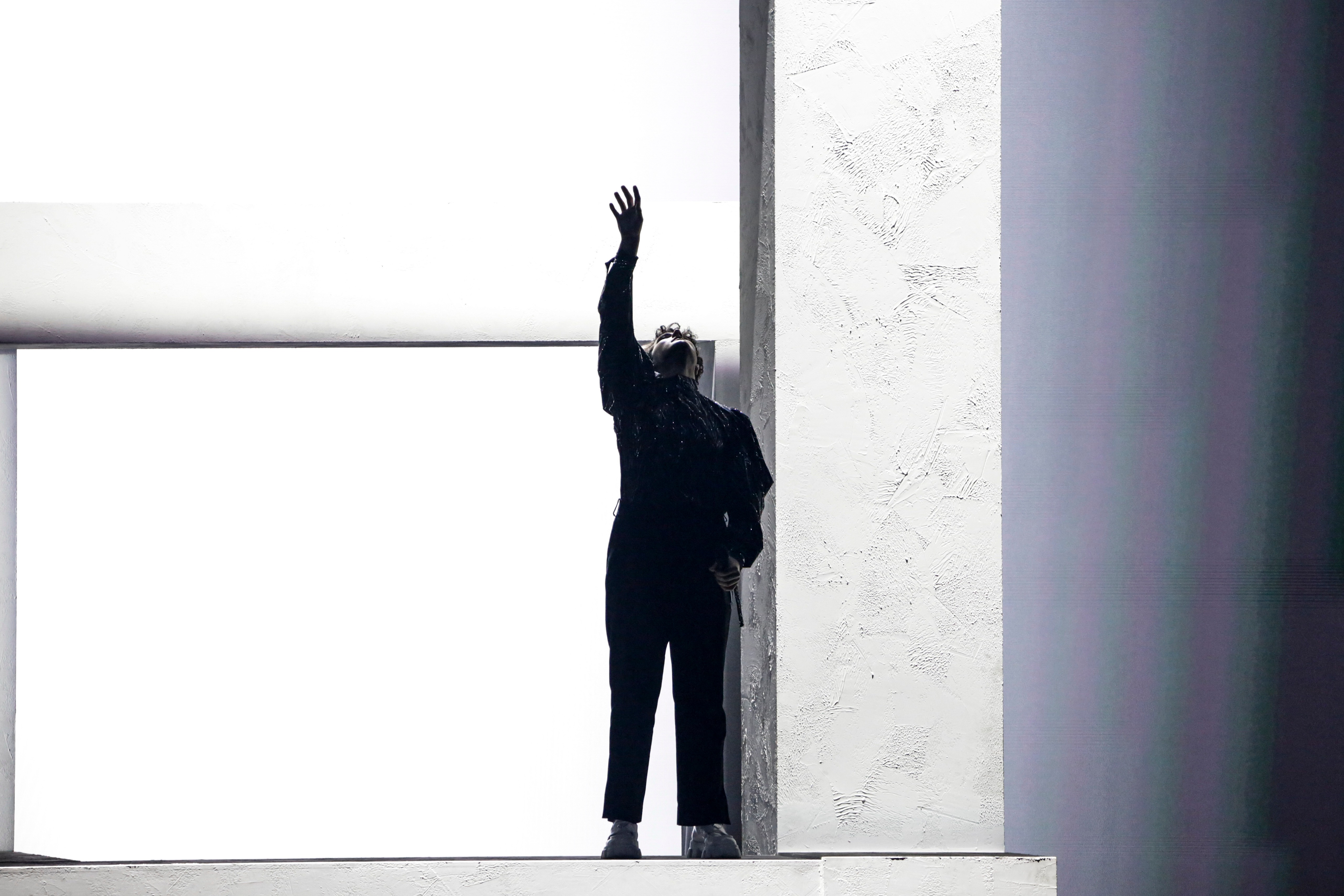
The rhythm inside is telling us we can fly tomorrow (EBU / Thomas Hanses)
There were things that felt different this year but not just because it’s 2021. It was great to see a top 3 of countries who have been around for a while reaching their highest placement in about three decades. It was great to see so many languages and genres in the top 10 – and the top 5 and the top 3, really – and so many artists who wrote or co-wrote their songs. Not that it’s a requirement, but if I go back to what I repeated a couple of times this year, “do your thing and do it well” is a great Eurovision genre in itself. And sometimes it’s just easier to do your thing when you know what to write for yourself.
Some things were definitely more unique to 2021 – kudos to the Dutch production for handling an edition that was more complicated than anything any other host has had to deal with – but I will say that not having a standing audience in front of the stage was nice, and that setup also allowed a lot more involvement of the artists as audience, which I loved. It managed to give the event – despite having the oh-so-missed audience back – a more intimate feel, and it was great catching brief glimpses of the delegations enjoying the songs just as the rest of the audience does. More dancing green room shots like we had during the Ukraine performance, please!
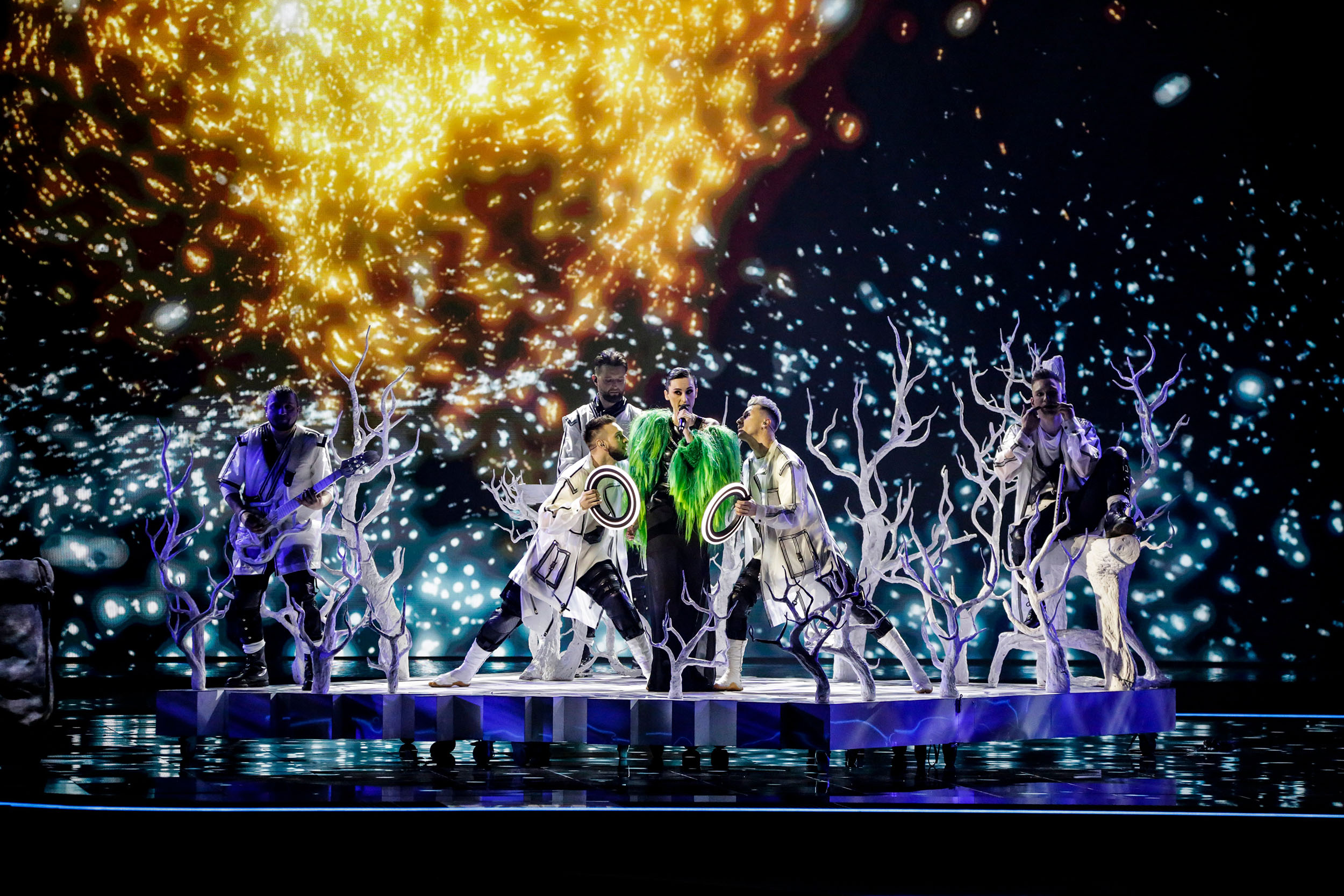
Party for everybody (EBU / Thomas Hanses)
I wasn’t a fan of seeing the entrants who received very low scores – and especially 0 points. While they all took it exceptionally well, it’s a stressful competition that people worked very hard to prepare for, and allowing them to process that kind of information away from a camera would have been a bit more respectful.
But it is also entirely possible and understandable to be disappointed despite finishing higher than that. It depends on so many things, like the expectations you had of yourself, that others – your delegation, your country, the fans – had of you. People have different personalities and capacities of handling emotions. Some have less public experience or more pressure put on them than others. If I say that an entrant’s behavior was classy when they lost, that doesn’t mean that others who react in different ways or let disappointment show on their faces are doing anything wrong. They are just being human, and we all can be better at remembering that.
Speaking of which, this is not something I thought I’d have to write about in context of Eurovision, but it happened and it has been weighing heavily on me.
You might have seen a very short video or GIF of the Italian band doing the rounds, and the very specific accusations that were based on very little information beyond what people assumed they were seeing.
I’m always pained to realize how little capacity we sometimes have when it comes to understanding the impact our actions – done from behind a keyboard – have on others, and how in this day and age it’s scarily easy to have something taken out of context and have it quickly spiral out of control.
Io ho scritto pagine e pagine
Ho visto sale poi lacrime
I know this, because I’ve been there. I know how it’s like to have a few seconds captured on live television and have it blow up so quickly you can’t even believe it’s your own life at times.
Let me tell you a story. It’s not about Eurovision, but it’s relevant, and it is one of the most important lessons I’ve learned in the course of my life.
As a sports journalist, I covered many big events over the years, and in the summer of 2013 I covered a 3-month major sailing competition that is considered to be the most prestigious of the sport and also often a big deal for the participating countries. As it is in any such event, I spent my days in the press center, and met many people. Among them was a television commentator from New Zealand, whose wife and daughter were also working on site at the event, and I met them and got along with them as well.
Have you ever been at a big event where you’d see the same people every day, so you’d always say hello and talk about different things over coffee or during breaks, but because no one is wearing name tags, you realized at some point you forgot that person’s name? It happens to me a lot, and unfortunately for everyone involved, it also happened to this commentator at the most inopportunemoment.
Vi conviene non fare più errori
Vi conviene stare zitti e buoni
One morning, he was doing a live TV connection from San Francisco on a New Zealand TV breakfast show. Unbeknownst to him, the cameras were still rolling after the conversation ended, and the online viewers could see a colleague asking him about his plans for the next day, to which he answered: “I need to do that Jewish woman.”
You might read this and laugh, because it does sound a little funny – but stop and think for a second. What do you think happened next?
The story exploded on New Zealand social media. Just imagine the scandal! A leading – and married! – TV commentator talks about his planned sexual escapades on live television! The shame! The story quickly reached the national news in the country, and became one of the top headlines on all the major media news sites there. I know this, because I was that Jewish woman. And I have the screenshots, and the memories. It took a few hours for the story to reach me (directly from the NZ TV crew) and by that time, not only was the story everywhere, but the national television there even issued an apology. About me.
They had to, because the audience at home didn’t think what happened could be possibly anything else than what they thought they saw and heard in it. It’s so incriminating, isn’t it? Some were also offended on my behalf by the way my Jewish identity was used. I started receiving calls and emails from New Zealand media, and at first didn’t even comment because I thought it would all go away. Except it didn’t, and when by the next day people were calling to have the guy fired for what was also an apparent cover-up on the part of the national television station, I gave a response to the press.
But why are you giving this example, you might be wondering. This really does sound like a terrible thing to say about you on national television. Weren’t you angry? Didn’t he deserve to be fired for saying this about you?
No.
Because here is the problem: people see or hear something with no context. They have no idea what happened before or after, or if there is any background information required to understand what they are watching correctly. We see what we expect to see, or at least go for the easiest narrative (or just the most interesting story).
So while people were sure they knew exactly what happened – because really, what else could it be – the truth was very different.
A few things needed to happen in order for this unfortunately worded sentence to occur.
1. I was writing a story about the popularity of the competition in New Zealand and asked to interview him for it, but he was really busy and scheduling was difficult. That’s what he had to “do” – an interview. With me.
2. The day before this happened we had a long discussion about Judaism in the press center. I was telling him about the history of Jewish athletes competing (or not competing) on the most important day for Jewish people – Yom Kippur. He told me about the Jewish community in the town he was from.
3. He forgot my name. So when referring to me to the colleague – who was there the day before as well – he just made a reference to that conversation from the day before, because he knew his colleague would recognize me.
And this became a sex scandal that made headlines on national news over there. I was lucky to go unscathed because being from a different country meant the story didn’t chase me the same way.
But for him, his reputation would be permanently tainted by this – because it doesn’t matter that the truth was explained afterwards. People remember the story – it was mentioned again in the press months later, and even after years I meet people from New Zealand, and they remember the story. Not the true version of events, even though it was given; just what they think happened based on that initial out-of-context moment that was caught on camera.
And even for me, think about the reach of this: People from a country I’ve never visited have heard of ME and remember it years later.
Parla, la gente purtroppo parla
Non sa di che cosa parla
That’s the result of never giving things a second thought, and never stopping to think that we might not know all the details. The truth becomes irrelevant, and so do the people whose lives can be carelessly damaged only by a tiny bit of an unfortunate timing.
Be kind, be thoughtful. Be aware of the fact you never know what happened right before or right after what you think you’re seeing. We’re not anyone’s judge, nor are we a divine all-seeing entity who can actually know exactly what happened.
Words and accusations will stay there forever. Damiano can get tested for drugs in his system tomorrow and have none found, but it won’t matter. People will remember the image and the accusations, not the truth. It might seem harmless, typing up accusations like this from behind a keyboard, but I can only wish that you never find yourself in a position where it happens to you and there’s nothing you can do about it because no one will be interested in the truth.
Don’t be that person. Don’t let others around you be that person. And especially, don’t be that person who is willing to believe something so important based on a GIF just because your favorite song lost. It’s a competition with 39 songs where only one wins. If wanting your favorite song to win is more important than not trying to ruin someone’s reputation, you need to get your priorities in check.
Do you know who do have their priorities straight, though? Our artists. Barbara Pravi, who came so close but accepted her loss with a nod of disappointment followed by her trademark easy smile that is such a contradiction of her song. Gjon, who was actually relaxed and calm before receiving his televote score because he already realized he wasn’t going to win, who gave the camera an amused smile as he noticed the Italians losing it on the TV screens – and who then took the time to appreciate and be grateful for whatever score the televoters would give him.

Je n’ai que mon âme (EBU / Thomas Hanses)
Måneskin, who were crying before they found out the results, even though only a few months ago Eurovision wasn’t in their plans. But once it was: they cared and, like so many other artists this year, got into the spirit of the event and really connected with the other participants, even in a year that had no parties and very few social events. Just look at Damiano bowing before the Finnish delegation and sending them a kiss and a heart gesture as Måneskin were taking the stage for their winning reprise. Or even Ethan, the band’s drummer and usually the quietest of the four, who stopped the press conference hosts as they were about to conclude it, just so he could make sure the group thanked all of the participating artists as well.
Seeing artists – even ones we didn’t necessarily expect to do so – recognizing each other’s work, enjoying it, not belittling it because they didn’t do well or it’s not in their genre, is always the greatest reminder of how this competition we love so much even came to be and what it really stands for.
It was somewhat symbolic that, as I was writing some notes for this post, my Eurovision 2019 pen ran out of ink. Like it, too, was finally putting the lid on this current, unexpectedly extended Eurovision cycle. Out with the old, in with the new. And as we – well, I – celebrate Italy’s win on the 10th anniversary of Azerbaijan’s pyros and Italy’s return, just remember one more thing:
Rock’n’roll never dies!

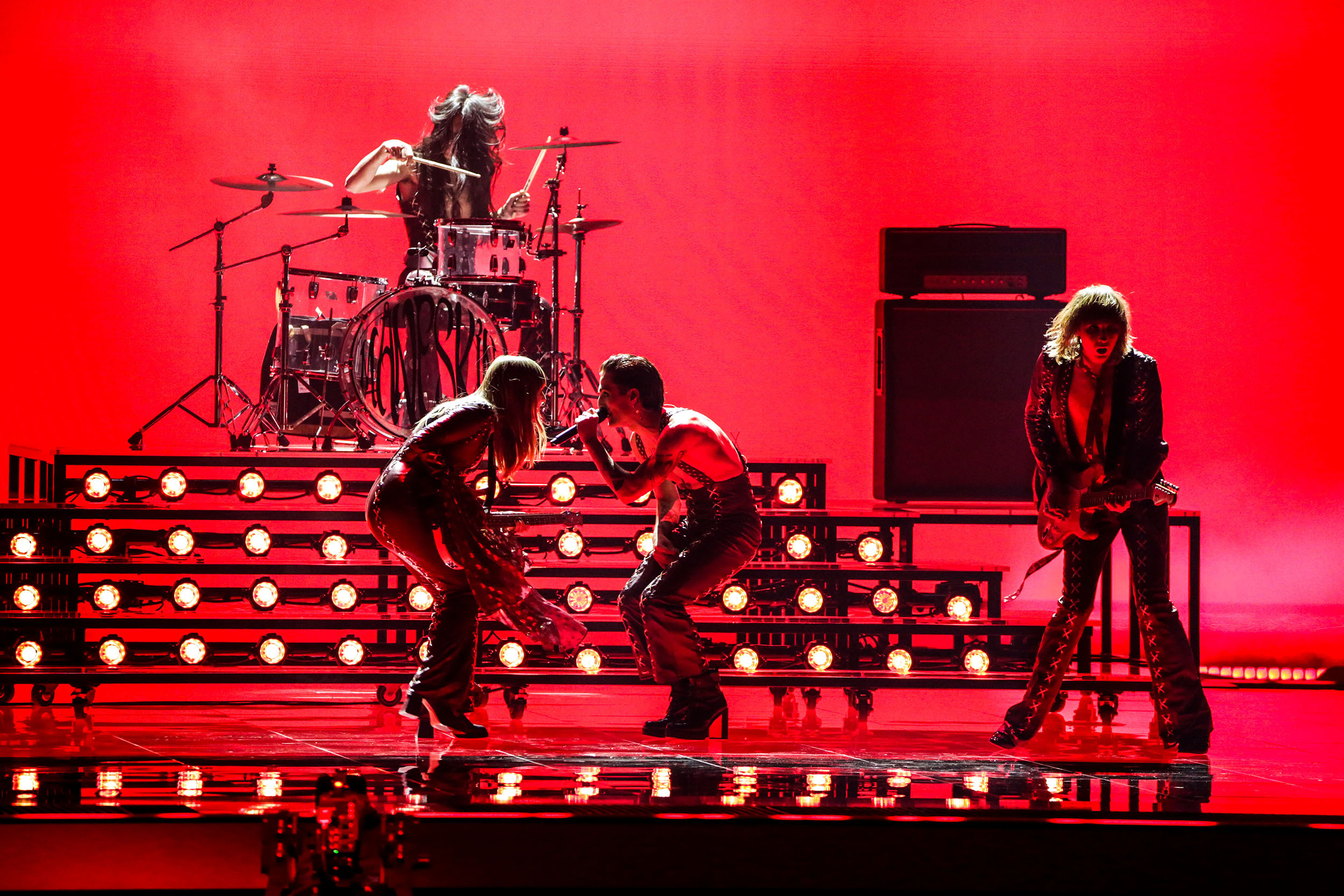
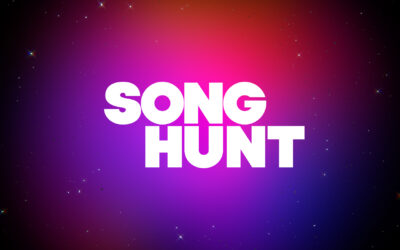
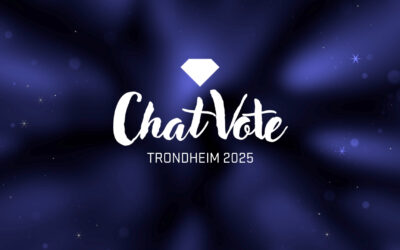
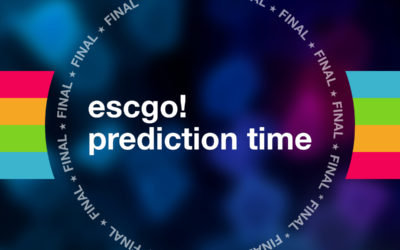
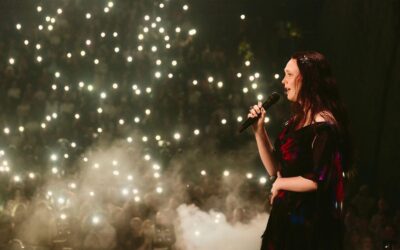
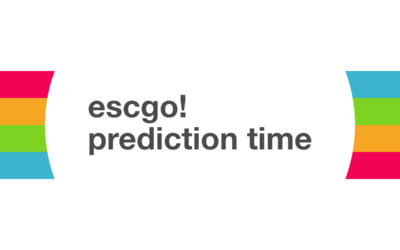
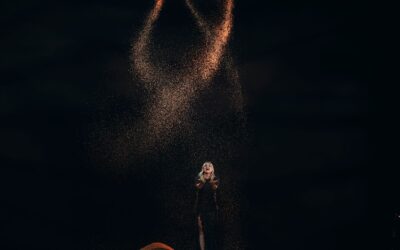
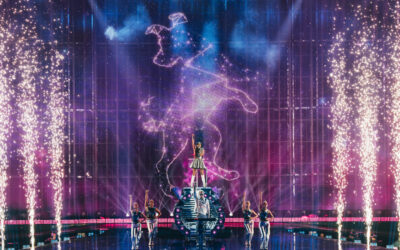



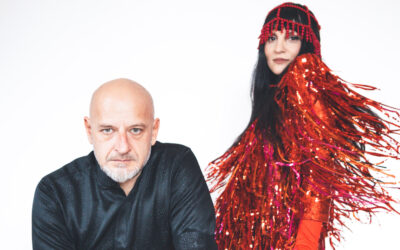
0 Comments